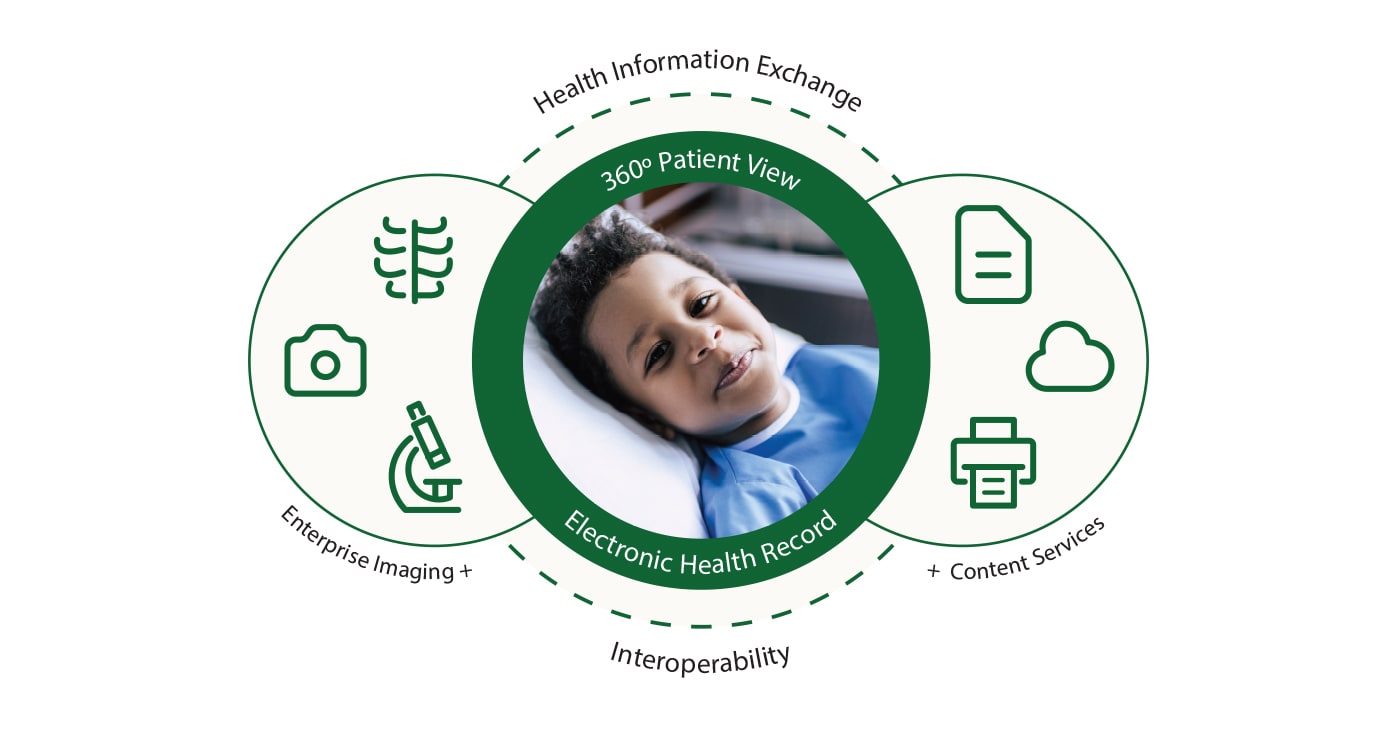Understanding the Duty of Healthcare RCM in Enhancing Economic Performance and Individual Satisfaction
Browsing the ins and outs of Health care Profits Cycle Management (RCM) is necessary for achieving ideal financial efficiency while concurrently raising person complete satisfaction. RCM's ability to simplify billing, make certain specific coding, and speed up claims refining stands as a foundation of modern-day medical care operations. Nevertheless, the nuanced interplay between these components warrants a more detailed assessment to totally appreciate their effect on both doctor and patients. As we explore the transformative possibility of RCM, concerns regarding its strategic execution and future innovations bid, appealing insights that can redefine sector requirements and client experiences alike.

Trick Elements of RCM
In the complicated landscape of health care, Revenue Cycle Monitoring (RCM) is essential in making sure financial security and operational efficiency. Person enrollment and qualification verification are fundamental steps, ensuring that exact client details is caught and insurance protection is verified before solutions are provided.

Cost capture is one more essential component, including the exact recording of solutions provided to individuals. It ensures that all billable solutions are accounted for, thereby maximizing revenue potential. Simultaneously, clinical coding translates patient encounters right into standardized codes, which are important for billing and regulative compliance.
Insurance claims entry and management comply with, including the prep work and submission of insurance claims to payers. This procedure requires careful interest to information to decrease mistakes and stop delays. Rejection monitoring is a positive approach to attend to and deal with rejected claims, securing profits streams.
Lastly, repayment posting and person collections complete the cycle, making certain repayments are precisely tape-recorded and exceptional equilibriums are sought. With each other, these elements form a robust framework that sustains the financial and functional health and wellness of health care organizations.
Effect On Financial Efficiency
Effective Revenue Cycle Administration (RCM) substantially influences a health care organization's monetary performance by enhancing capital and minimizing income leakage. RCM incorporates the extensive billing and collection procedures that make sure doctor successfully handle their economic transactions from client enrollment to final repayment. By enhancing these procedures, companies can minimize rejected insurance claims, accelerate settlement cycles, and improve general monetary health.
Financial efficiency is enhanced through meticulous management of billing treatments, which entails precise coding and timely entry of claims. This lowers the likelihood of case rejections and rejections, which can substantially impede revenue circulation if not resolved without delay. Moreover, integrating sophisticated modern technology remedies assists in real-time monitoring of insurance claims and monetary metrics, providing healthcare managers with the tools necessary to make informed strategic decisions.

Enhancing Client Complete Satisfaction
While enhancing monetary efficiency is a key objective of Income Cycle Management (RCM), it likewise plays a pivotal role in enhancing person fulfillment. Clients today demand transparency, effectiveness, and precision in their medical care you can try these out communications. RCM systems streamline these Continue processes, offering individuals a smooth experience from consultation scheduling to payment. By reducing administrative worries, RCM allows doctor to focus much more on patient treatment, which directly enhances person fulfillment.

RCM additionally boosts client contentment via efficient interaction. By keeping a thorough data source of individual information, RCM facilitates improved communication in between patients and healthcare suppliers, making certain patients really feel notified and valued.
Methods for Reliable RCM
Accomplishing reliable Revenue Cycle Management (RCM) requires healthcare organizations to execute a set of calculated practices that ensure financial security and operational performance. One crucial method is the fostering of technology-driven remedies, such as incorporated software program systems that improve payment processes, decrease errors, and enhance information precision. These systems enable real-time tracking of economic metrics, enabling punctual recognition and correction of inefficiencies.
Another strategy is the standardization of procedures across the income cycle. Healthcare RCM. This includes creating consistent policies for client registration, insurance coverage confirmation, and declares handling. By making sure that all staff stick to these criteria, companies can minimize discrepancies and speed up payment collections
Team training and growth likewise play an essential function in efficient RCM. Well-trained workers can effectively navigate complicated billing procedures and policies, lowering rejections and boosting capital. Routine updates on plan adjustments and best methods aid maintain a skilled and experienced workforce.
Future Trends in RCM
As medical care companies enhance their Revenue Cycle Management (RCM) strategies with innovation and standardized processes, focus is currently turning in the direction of the future fads shaping this critical location. One considerable fad is the assimilation of expert system (AI) click for more and maker learning to automate intricate tasks, such as insurance claims refining and predictive analytics. These innovations are expected to decrease errors, accelerate deal times, and supply data-driven understandings for much better decision-making.
Furthermore, the shift towards value-based treatment remains to influence RCM techniques - Healthcare RCM. Doctor are expected to significantly concentrate on client results and contentment, necessitating RCM systems that can accommodate new compensation models. This shift will require more comprehensive information collection and analysis to efficiently gauge and report on performance metrics
Interoperability is an additional arising priority, as smooth data exchange in between disparate systems becomes crucial. Boosted interoperability will assist in even more accurate patient information sharing, lowering management concerns and enhancing the client experience.
Conclusion
Health Care Income Cycle Management (RCM) significantly affects both monetary performance and patient complete satisfaction by optimizing billing procedures, making sure accurate coding, and enabling punctual insurance claims submission. Effective RCM minimizes income leakage and accelerates money flow, reducing case denials and expediting repayments.
Navigating the intricacies of Medical care Income Cycle Administration (RCM) is important for achieving optimal economic efficiency while concurrently raising client complete satisfaction. RCM encompasses the thorough payment and collection procedures that make certain medical care companies efficiently handle their economic deals from patient registration to final settlement. By reducing management problems, RCM enables healthcare service providers to focus a lot more on individual care, which directly boosts individual satisfaction.
By keeping a thorough data source of client information, RCM facilitates boosted interaction in between people and health care companies, making certain people really feel notified and valued.Healthcare Revenue Cycle Monitoring (RCM) substantially affects both monetary performance and person satisfaction by maximizing billing procedures, guaranteeing specific coding, and enabling prompt insurance claims submission.